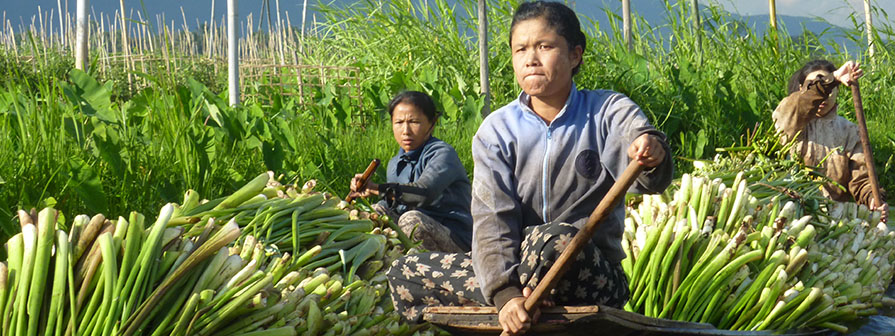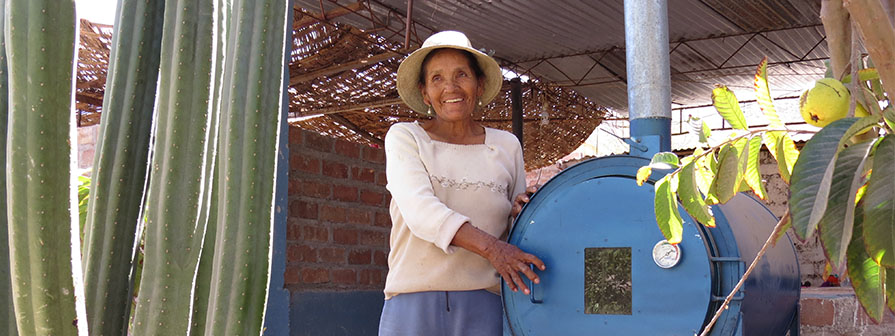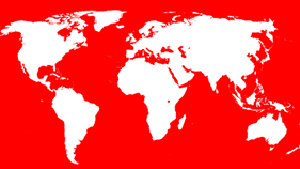German Sparkassenstiftung for International Cooperation (DSIK) supports local banks and (micro) financial institutions in financing investments in sustainable technologies for their clients. It assists project partners in designing and implementing suitable products such as loans and insurance for investments in renewable energies and energy efficiency. This also applies to resource-efficient production methods and improving adaptation to climate change, especially for farmers and micro, small and medium-sized enterprises (MSMEs) that are active in the agricultural sector or otherwise exposed to climate change.





